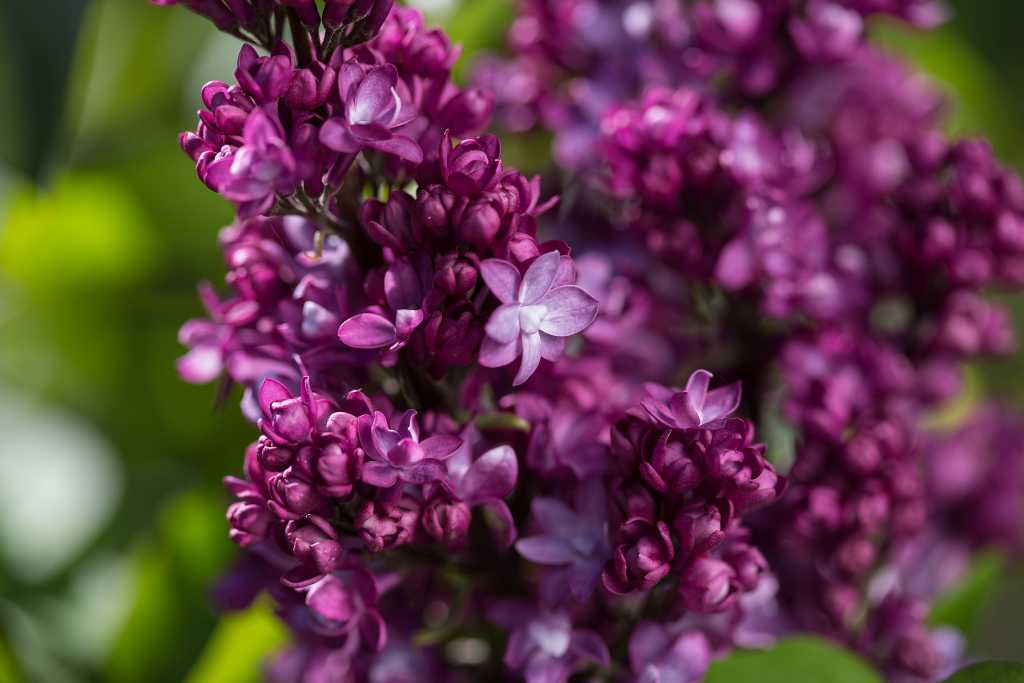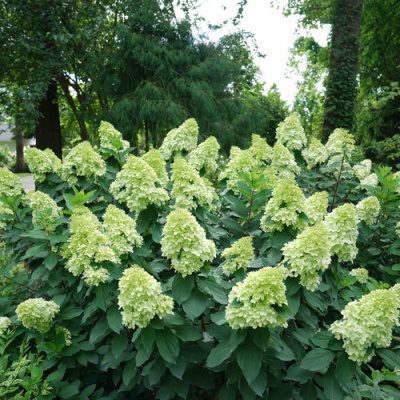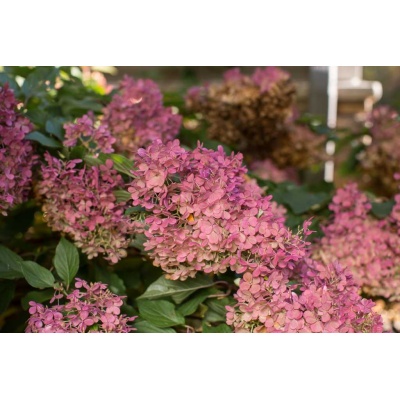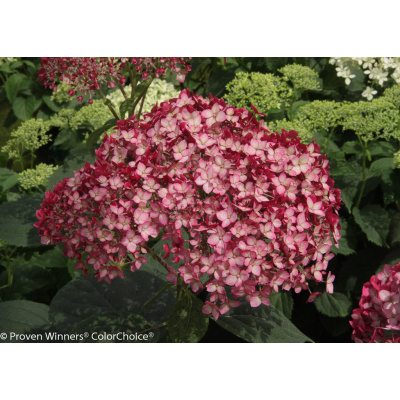Description
 Virtual Violet® Lilac
Virtual Violet® Lilac
Syringa ‘Bailbridget’ PPAF With shiny violet new leaves, deep purple stems, raspberry-purple buds and fragrant violet flowers, Virtual Violet® is aptly named. Leaf petioles remain violet well into the summer. The habit is upright instead of rounded and compact. The dense habit makes it a great choice for a hedge in smaller spaces as well as a welcome addition to foundation plantings. Remarkably mildew free. This is a controlled cross between Charles Joly and two outstanding National Arboretum varieties. Bred by Don Selinger, formerly of Bailey Nurseries.
- Height: 6-8′
- Width: 5-7′
- Exposure: Full Sun
- Zone: 3-7
Additional Attributes
Foliage: Dark green
Growing Tips
- Pruning: After flower
- Watering: Medium
- Fertilizing: Balanced NPK




Reviews
There are no reviews yet.